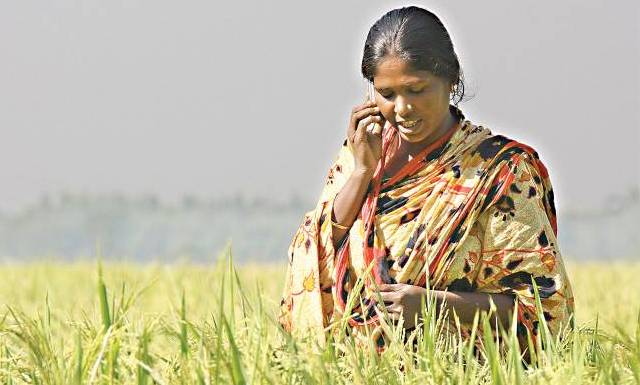
The Supreme Court is likely to hear on Friday a plea by the Cellular Operators’ Association of India (COAI) and Association of Unified Telecom Service Provider of India challenging decision of TRAI making it mandatory for telecoms to compensate subscribers for call drops from January 1, 2016.
The two organisations have challenged the Delhi High Court’s order upholding the TRAI decision to penalise the telecoms for call drops.
A bench of Chief Justice TS Thakur and Justice Uday Umesh Lalit on Thursday agreed to hear the matter after senior counsel Kapil Sibal mentioned it while asking him: “Why don’t you correct your system.”
As Kapil Sibal said that service providers have crores of customers and under the regulations, “we are permitted 2 percent call drops”, Chief Justice Thakur said: “It is more than that..”
Meanwhile GSM body COAI in a statement said that it recognises the inconvenience to customers due to call drops and is committed making the necessary investment and improvements to its networks, including working with the government to obtain required cell sites on government land and buildings.
The Delhi High Court on February 29 upheld the order of the Telecom Regulatory Authority of India (TRAI) making it mandatory for cellular operators to compensate subscribers for call drops.
A division bench of Chief Justice G Rohini and Justice Jayant Nath ordered that telecom operators would have to compensate subscribers for first three call drops.
The court dismissed the plea of telecom operators for a stay on TRAI’s compensation policy, announced on October 16, 2015, for call drops under which a rupee will be credited to the mobile users’ account for every call drop (restricted to three per day) starting January 1, 2016.
COAI, in a statement, said it requested the apex court to consider its prayer that the TRAI Regulation on Call Drops is ultra vires the TRAI Act in that the act does not give TRAI adjudicatory powers and hence TRAI cannot grant compensation.
TRAI regulation is ultra vires the Telegraph Act of 1885 under which mobile companies are licensed wherein 100 percent coverage of the licensed geography is not required. Hence call drops emanating from these areas should not be subject to compensation. It is impossible to identify all the reasons for call drops and hence implementation of TRAI order is not feasible, said COAI.
IANS





